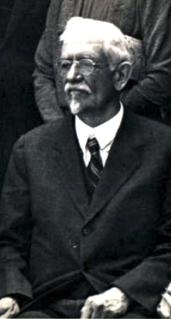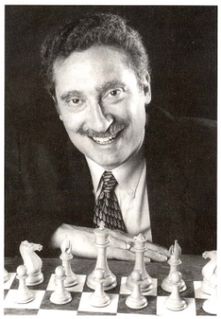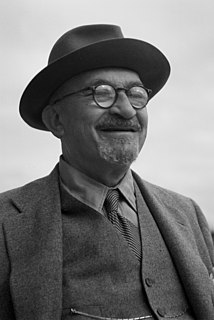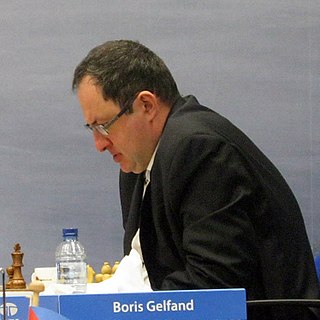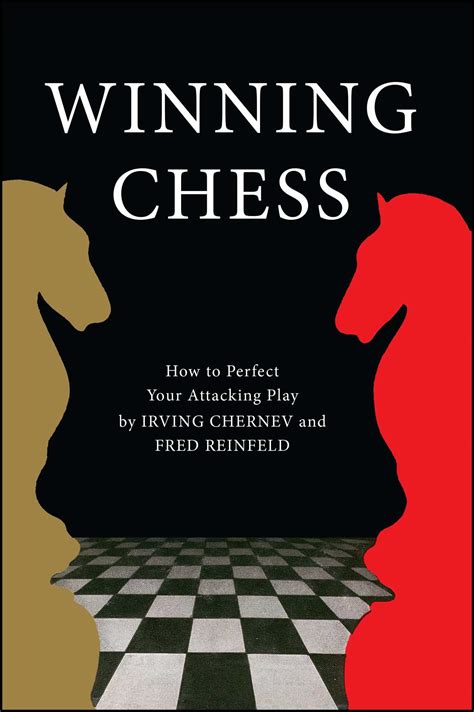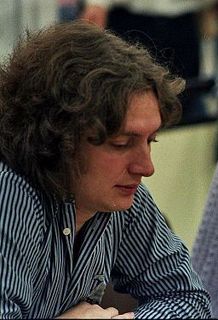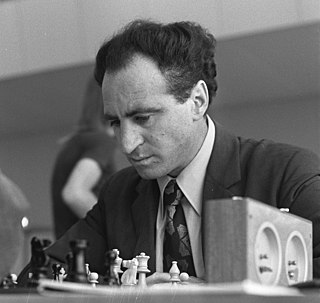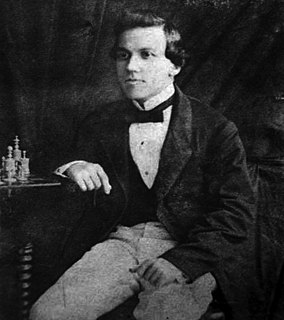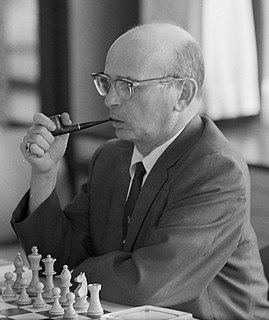A Quote by Mikhail Tal
It is difficult to play against Einstein's theory -on his first loss to Fischer
Related Quotes
I had two passions when I was a child. First was to learn about Einstein's theory and help to complete his dream of a unified theory of everything. That's my day job. I work in something called string theory. I'm one of the founders of the subject. We hope to complete Einstein's dream of a theory of everything.
The supposed astronomical proofs of the theory [of relativity], as cited and claimed by Einstein, do not exist. He is a confusionist. The Einstein theory is a fallacy. The theory that ether does not exist, and that gravity is not a force but a property of space can only be described as a crazy vagary, a disgrace to our age.
As with Steinitz, Fischer's genius has often been concealed by controversies away from the board. Like Lasker, Fischer has raised chess to new financial heights despite frequent retreats from serious play. And, like Capablanca, Fischer is recognized by millions of non-players and has won the game many new enthusiasts.
The action of the child inventing a new game with his playmates; Einstein formulating a theory of relativity; the housewife devising a new sauce for the meat, a young author writing his first novel; all of these are in terms of definition, Creative, and there is no attempt to set them in some order of more or less Creative.
Einstein and the Quantum is delightful to read, with numerous historical details that were new to me and cham1ing vignettes of Einstein and his colleagues. By avoiding mathematics, Stone makes his book accessible to general readers, but even physicists who are well versed in Einstein and his physics are likely to find new insights into the most remarkable mind of the modern era.
Einstein has a feeling for the central order of things. He can detect it in the simplicity of natural laws. We may take it that he felt this simplicity very strongly and directly during his discovery of the theory of relativity. Admittedly, this is a far cry from the contents of religion. I don't believe Einstein is tied to any religious tradition, and I rather think the idea of a personal God is entirely foreign to him.
Einstein wrestled with a problem back before we even knew the universe was expanding, and he was looking for a way to keep the universe from collapsing. And so he discovered, in his theory of gravity, something like this dark energy - he called it a cosmological constant - could play this role, pushing things away.


